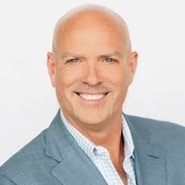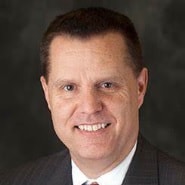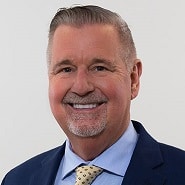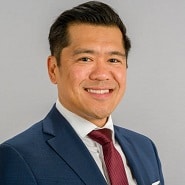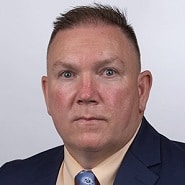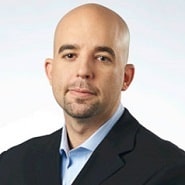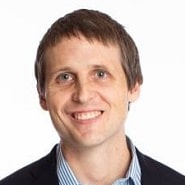One of many lessons Steve Eckert learned during his time in consulting? “I have a very high bar for what I expect from our vendor partners.” During a recent interview, he talked about the keys to maintaining healthy partnerships, as well as his core objectives as CTO at Cook Children’s, and the importance of being in lockstep with fellow leaders.
Finding Clinical Informaticists, Part 2: “The Change Recipe”
“Clinical change management is a team sport that requires the participation of a large number of stakeholders,” according to Dirk Stanley, MD, CMIO at UConn Health. In the second of a two-part series, he aims to “dispel the misunderstandings and confusions” around the roles of applied clinical informaticist and clinical IT analyst.
Q&A with Atrium Health Floyd CIO Jeff Buda: Open Doors, Learning Curves and “Cutting the Cord”
The key aspect in being able to lead teams through a major change – or two, in this case – is transparency, according to Jeff Buda, CIO at Atrium Health Floyd. In this interview, he talks about his open-door policy, the benefits of becoming part of a large organization, and why he’s a big proponent of remote work.
“Stick to the Knitting”: How Rationalization, Listening and Getting Back to Basics Helped Revive an IT Organization
Chuck Podesta faced an enormous uphill battle when he took on a struggling IT team in 2021. But with the right formula – which included identifying low-hanging fruit, promoting transparency, and showing metrics – they were able to pull off a remarkable turnaround and position themselves for success.
Q&A with Providence CIO BJ Moore: “Don’t Try to Catch Up on 20 Years.”
In this interview, BJ Moore, CIO and EVP of Real Estate Strategy Operations at Providence, talks about the concerns he has with large-language models (and the hype surrounding it), his team’s 4-year journey to a single instance of Epic, and the assumptions that outsiders often make about healthcare.
Q&A with Hartford Healthcare CIDO Joel Vengco: “It’s About Foundation, Optimization and Transformation.”
Every leader would like a bigger budget. But instead of asking for more money, CIDOs should look for ways to reduce expenses and “put savings back into IT so that we can begin to transform the organization,” said Joel Vengco of Hartford Healthcare. In this interview, he talked about how Hartford Healthcare is building a foundation for transformation.
Q&A with SUNY Downstate CIO Dennis Sutterfield: “It All Starts with the Vision and the Message.”
There’s no perfect recipe for turning around an organization, but there is an ingredient that needs to be in place, said Dennis Sutterfield, CIO at SUNY Downstate. “Without question, you have to be incredibly transparent. I want my team to know everything I know.” Recently, he spoke about the power of storytelling, the importance of “strategic investments,” and the unique challenges of urban healthcare.
“Leaning Into Automation”: CIO Bradd Busick on MultiCare’s ERP Implementation Journey
Q&A with CIO Pamela McNutt: “Deliberate Growth,” Being Financially Focused & Looking for ‘Gotchas’
The ability to provide guidance on financial decision-making is becoming a core skillset for CIOs, according to Pamela McNutt. In this interview, she reflects on 30 years with Methodist Health System and shares insights on the evolving CIO role, the importance of mastering contract negotiations, and her team’s “heroic efforts” during Covid.
Q&A with Michael Hasselberg, CDHO, URMC: “We Absolutely Need to Disrupt Healthcare.”
ChatGPT isn’t going to replace providers. In fact, Michael Hasselberg, PhD, believes “it’s going to save providers from leaving the profession.” In a recent interview, he talked about his organization’s telehealth journey, how technology can help bridge the gap between supply and demand in behavioral health, and the power of 5G.

